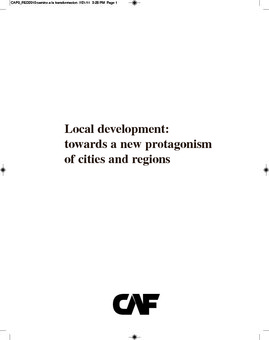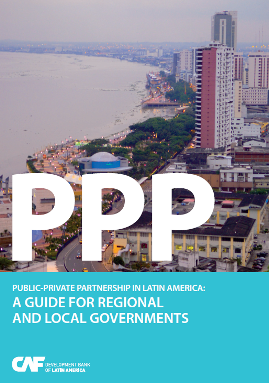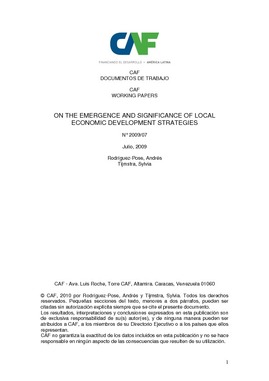Decentralizing Development: Evidence from Government Splits
Resumo
Changes in political boundaries aimed at devolving power to local governments are common in many countries. We examine the economic consequences of redistricting through the creation of smaller government units. Exploiting reforms that led to sharp variations in the number of government units in Brazil, we show that voluntary redistricting increases the size of the public sector, public services delivery, and economic activity in new local governments over the long term. The gains in economic activity are not offset by losses elsewhere and are stronger in peripheral and remote backward areas neglected by their parent governments. We provide evidence that decentralizing decision-making power boosts local development in disadvantaged areas beyond simply gains in fiscal revenues.
Assunto
País / Región
Data
2024-07Cite esta publicação
Item que pertence à coleção
Autor
Dahis, RicardoSzerman, Christiane
Items Relacionados
RED 2010: Local development: towards a new protagonism of cities and regions (chapter one)
The analysis presented throughout this publication suggest that a successful local development strategy should be comprehensive, that is, it should act ...
Public-Private Partnership in Latin America: A Guide for Regional and Local Governments
PPPs are complex, long-duration contractual structures with higher transaction and financing costs than conventional procedures. Furthermore, governments ...
On the emergence and significance of local economic development strategies
This paper examines to what extent local and regional economic development strategies (LED) are becoming a necessary and viable complement to traditional ...






